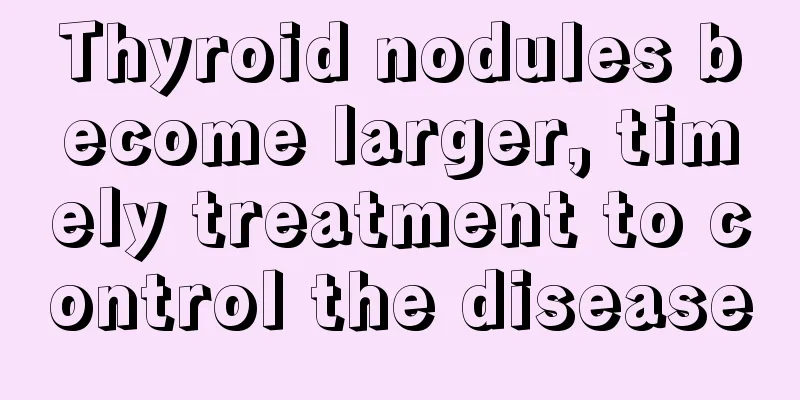Does a 70-year-old with early prostate cancer need surgery?

|
In the early stages of prostate cancer, patients aged 70 or above usually need to decide whether to undergo surgery based on their specific conditions. Treatments include surgery, radiotherapy, and hormone therapy. The key to early treatment of prostate cancer is to assess the patient's overall health, tumor stage, and life expectancy in order to develop an individualized treatment plan. 1. Surgery is one of the main treatments for early prostate cancer and is suitable for patients with a long life expectancy and good health. Radical prostatectomy is a common surgical method that removes the entire prostate and some surrounding tissues to eliminate the tumor. The advantage of surgery is that it can completely remove the tumor and reduce the risk of recurrence. However, surgery also has certain risks, such as complications such as urinary incontinence and erectile dysfunction, which require full communication with the doctor before surgery. 2. Radiotherapy is another effective treatment method, especially for patients who are not suitable for surgery. External beam radiotherapy and brachytherapy are commonly used radiotherapy methods. External beam radiotherapy kills cancer cells through high-energy rays, while brachytherapy implants radioactive particles into the prostate. The advantage of radiotherapy is that it does not require surgery, but it may cause side effects such as frequent urination and urgency. 3. Hormone therapy is suitable for patients whose tumors progress rapidly or who cannot tolerate surgery and radiotherapy. It slows down tumor growth by inhibiting the production or action of androgens. Commonly used hormone therapy drugs include gonadotropin-releasing hormone agonists and anti-androgen drugs. The side effects of hormone therapy include loss of libido and osteoporosis, which need to be monitored regularly. 4. For patients in their 70s, treatment decisions need to take into account the aggressiveness of the tumor, the patient's life expectancy, and the risk of complications. If the patient has a longer life expectancy and a higher risk of tumor progression, surgery may be a better option; if the life expectancy is shorter or the risk of complications is higher, radiotherapy or hormone therapy may be a more appropriate option. The early treatment of prostate cancer in the seventies requires an individualized plan based on the patient's specific situation. Surgery, radiotherapy and hormone therapy each have their own advantages and disadvantages, and the best decision should be made after full communication with the doctor. |
<<: Chinese medicine treatment of renal hamartoma
>>: Is there no pain in rectal cancer?
Recommend
Is chemotherapy meaningful for advanced small cell lung cancer?
Small cell lung cancer is a highly malignant canc...
What's the matter with the black spots on the tip of the tongue?
From the perspective of traditional Chinese medic...
Can ordinary toothpaste remove oil stains?
If you are not careful in your life, oil stains m...
Can mild anxiety disorder be cured?
People nowadays are always facing pressure from a...
What foods are suitable for lung cancer patients
Lung cancer is a very common cancer, ranking seco...
Dry and peeling skin like fish scales
Some people find that their skin is often dry and...
What is the standard for a good-looking side profile
People say that modern society is a society that ...
How to reduce swelling in the shoulder
Body swelling and pain are symptoms that have a g...
Are there serious side effects of gastroscopy under general anesthesia?
The diagnosis of gastrointestinal diseases requir...
What should we pay attention to when treating lung cancer
Lung cancer has a serious impact on our lives, an...
What are the key points in diagnosing lung cancer?
What are the key points for diagnosing lung cance...
Acupuncture points on the chest
There are many acupoints on the chest. Knowing th...
What is the metastatic pathway of gastric cancer
In recent years, gastric cancer has become one of...
How to judge epididymal nodules
Under normal circumstances, the male epididymis i...
Congenital spina bifida
Spina bifida is a common health problem. This kin...









